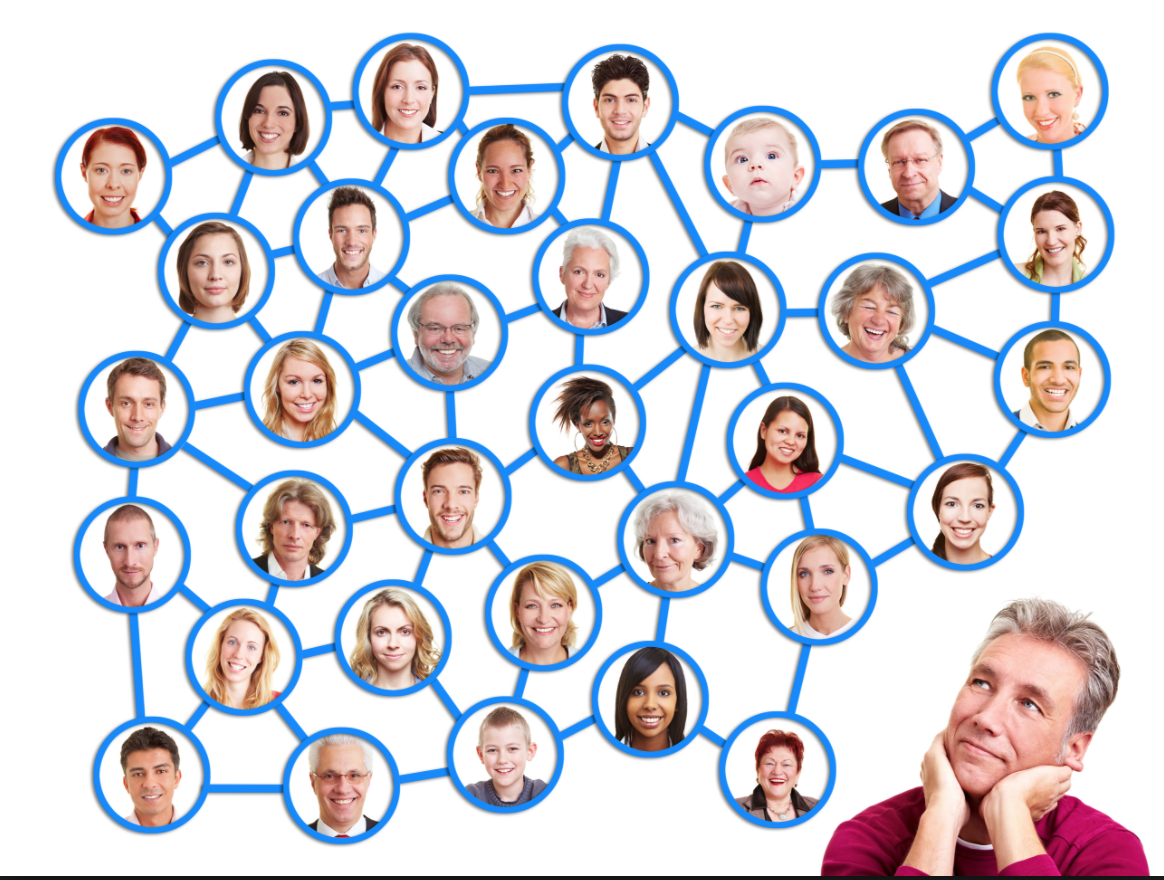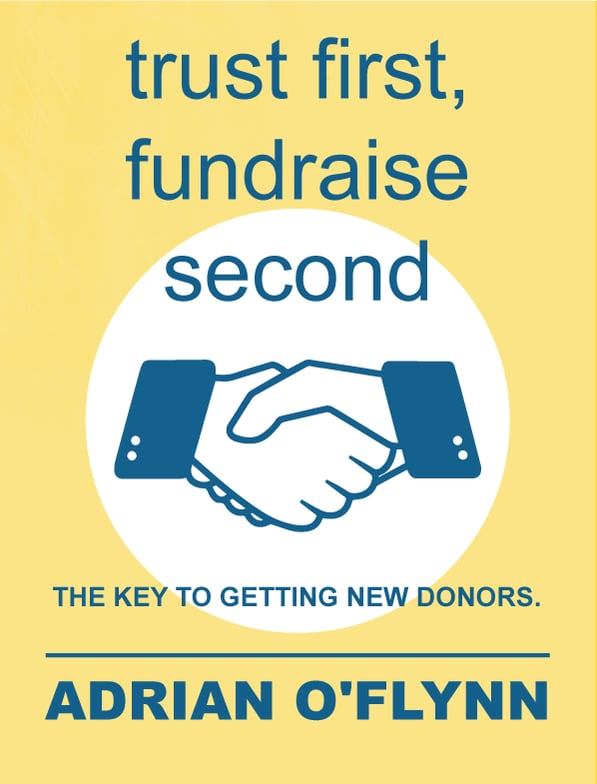A Gaurdian article I was reading used the term Social Capital. I hadn't heard it before.
The article explained that economists believe that trust levels impact a country’s GDP.
This intrigued me, so I Googled Social Capital and found these definitions:
"We can think of social capital as the links, shared values and understandings in society that enable individuals and groups to trust each other and so work together."
"Friends, colleagues, and more general contacts through whom you receive opportunities to use your human capital."
"Social Capital emphasizes the importance of social contacts within groups. It means that social networks have a value associated. They can lead to increased productivity in individuals, teams and organizations. Just like any other capital form (human, physical, financial) social capital is important and beneficial to the sustenance of society."
I found this fascinating.
Isn’t this exactly what charities do? We increase Social Capital by connecting the donor to the cause. We enable strangers to trust each other and work together for the benefit of society.
It’s an inspiring way to look fundraising.
I won’t bore you with the details of the other stuff I read around social capital or my thoughts on why this is important in the increasingly individualistic western world, but I will share with you the standout extract I found on this subject. I found it in a paper, written by researchers at the JFK School of Government at Harvard University.
“At the core of social capital is trust. It appears there are three crucial elements to establish trust:
1) Repeat exposure to others tends to lead to greater confidence that others can be trusted.
2) The parties are honest in their communications.
3) The parties follow through on the commitments they make.”
When these economic researchers talk about social networks, they mean off-line networks of real people. They mean actual communities.
But as I read this, I thought it was really good communications advice.
The first point about repeat exposure, hit home because I spend a lot of time trying to convince charities to increase the frequency of impressions they have in the Facebook campaigns or email programmes.
But then I read the next paragraph,
“One can self-consciously do things to promote trust. For example, the experience of the Texas Industrial Areas Foundation suggests that getting community members to purposefully tell each other their stories is especially helpful for building baseline trust between community members."
These Harvard economists are looking at the same problem through an entirely different lens and reaching the same conclusions I reached by analysing Facebook posts.
They’re saying that the best way to increase social capital and strengthen communities is to build trust.
And the way to do that is to tell stories.
If you found this interesting and want a broader, more comprehensive view of digital fundraising, then download this eBook - Trust First, Fundraise Second.




